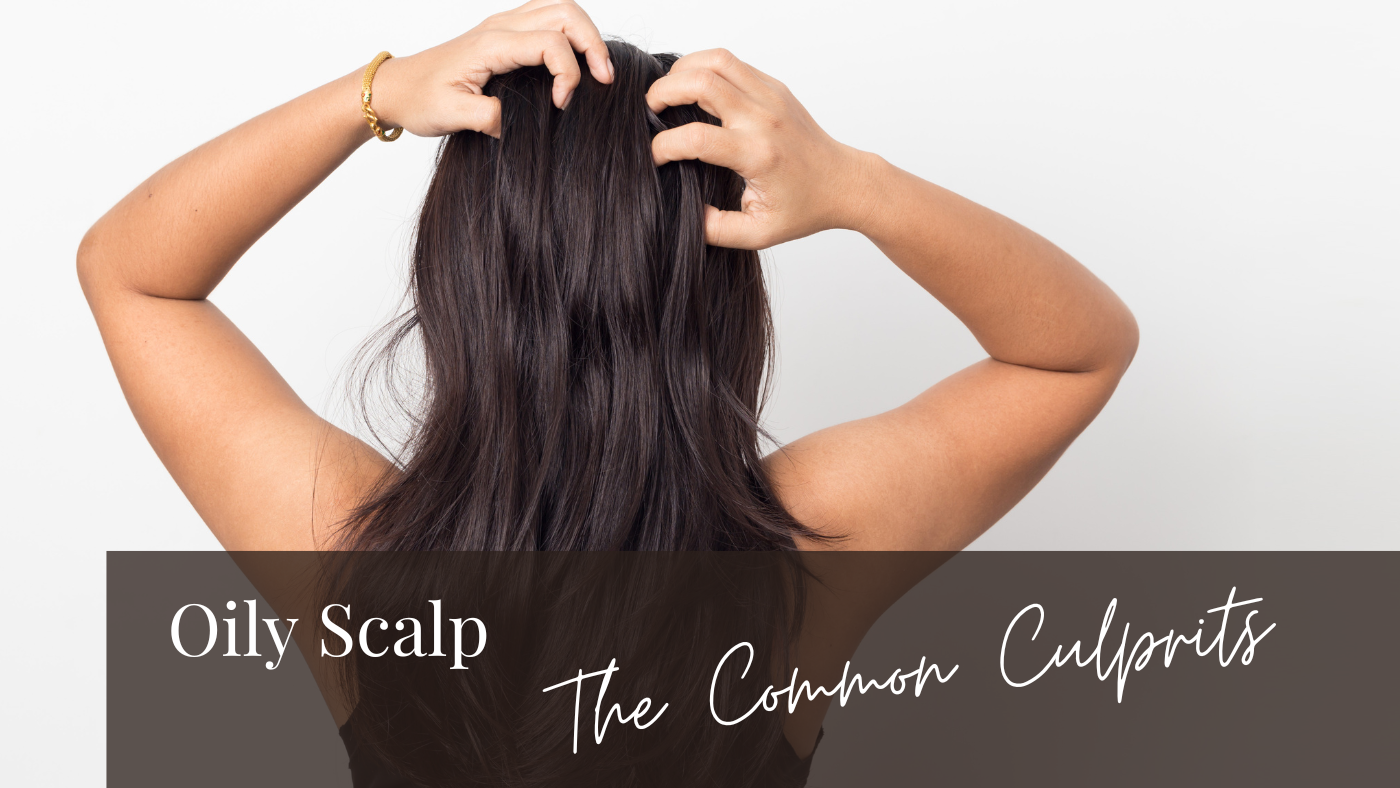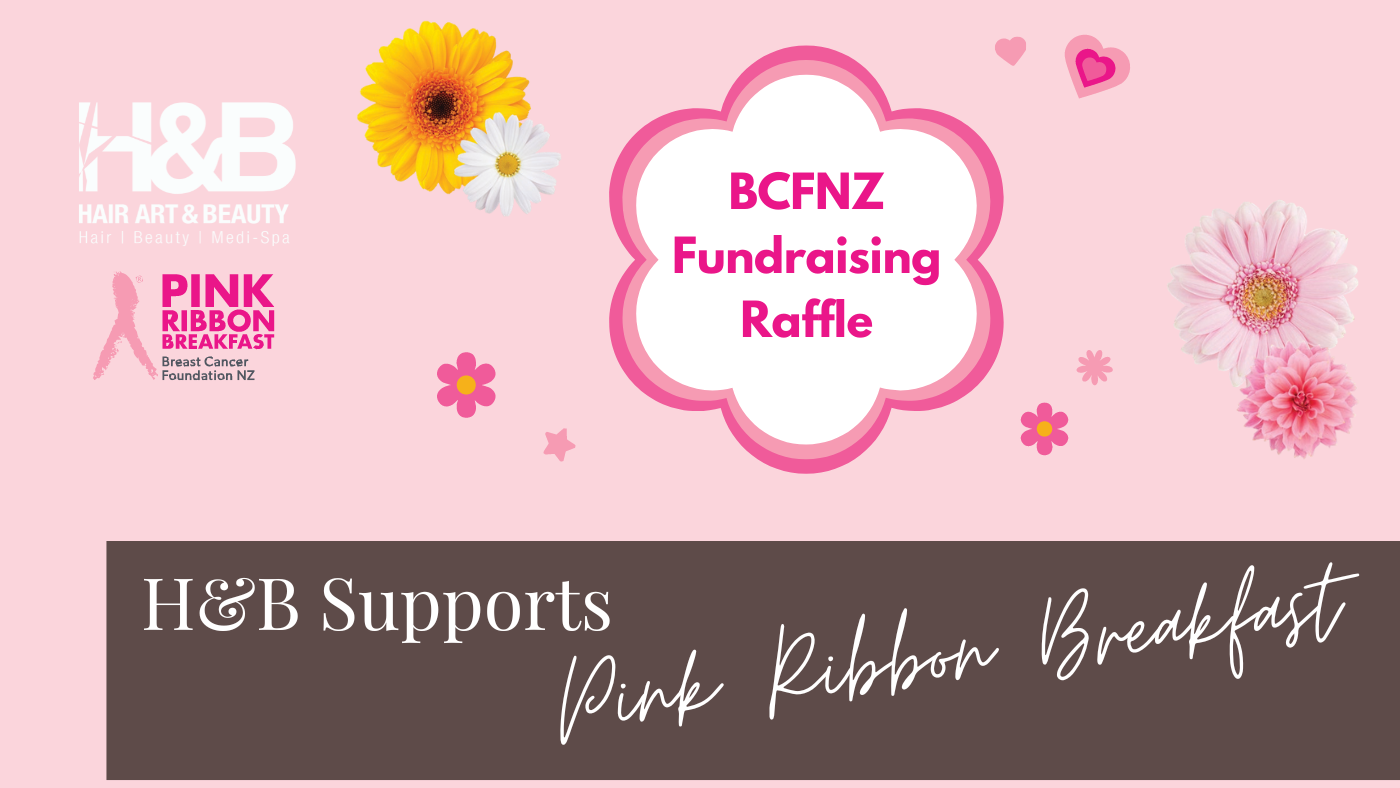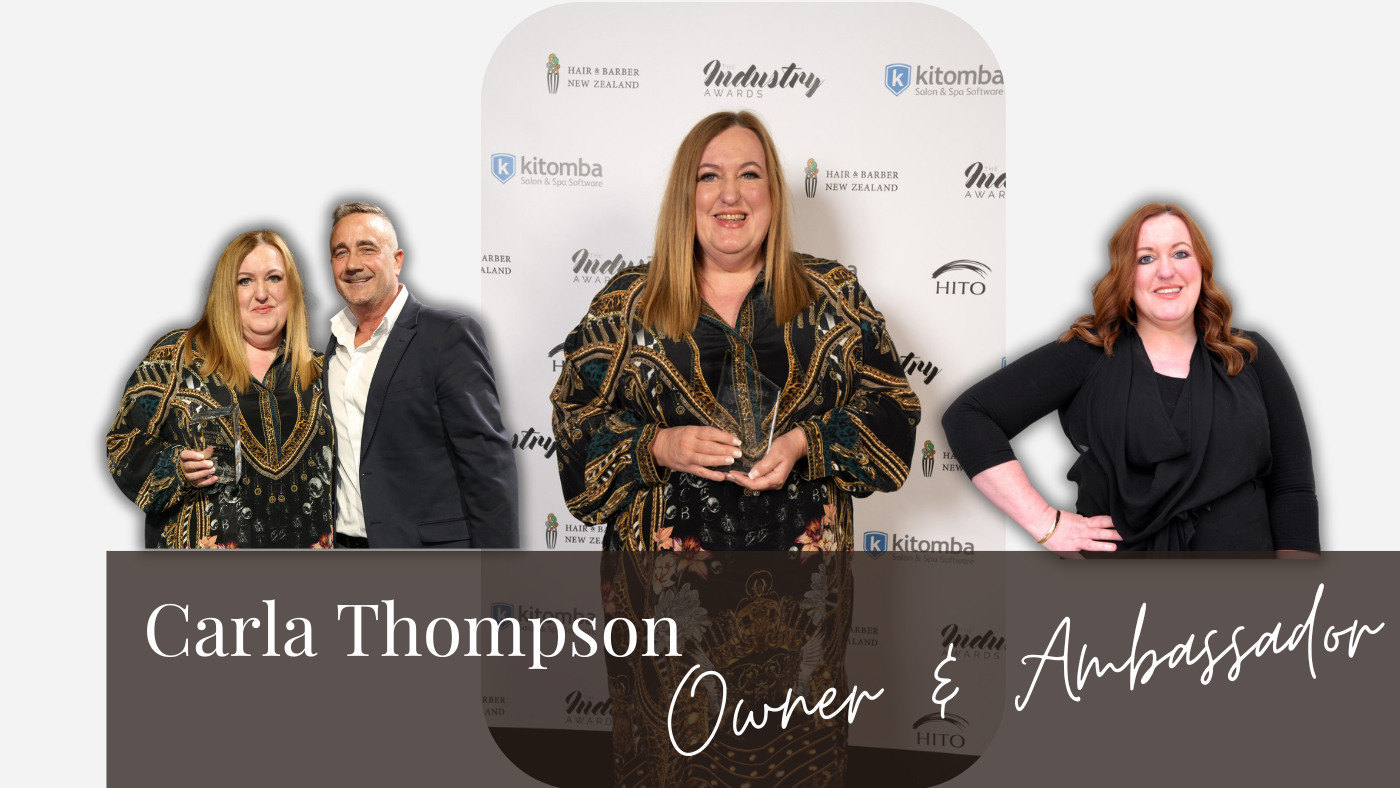
Why Is My Hair So Oily? Understanding the Common Culprits
Excessive oiliness can transform even the best hair day into a frustrating hair care challenge. If you're struggling with greasy hair more often than not, it might be time to examine your hair care routine and lifestyle choices. Here’s a look at some common reasons why your hair might be oilier than you'd prefer and what you can do about it.
1. Not Shampooing Your Hair Twice
When you shampoo only once, you may not be thoroughly removing all the dirt, oil, and product buildup from your scalp. A second round of shampooing often helps to effectively cleanse your scalp, reducing the oiliness significantly. This double-cleanse technique is especially beneficial if you use styling products or have naturally oily hair.
2. Skipping the Blow-Dryer
Air drying your hair is gentle on the strands but letting your hair sit wet for prolonged periods can stimulate oil production in your scalp. Blow-drying helps lift the hair at the roots and can reduce the direct contact between your scalp and hair, minimizing the oily appearance.
3. Overusing Hair Products
Layering multiple hair products can lead to buildup that not only weighs down your hair but can also trigger your scalp to produce more oil. Try to use minimal amounts and opt for lightweight formulations to keep your hair feeling fresh and clean.
4. Touching Your Hair Too Much
Your hands naturally produce oils which can be transferred to your hair each time you touch it. Frequent touching can distribute these oils along the strands, increasing the greasy look. Keeping your hands away from your hair will help control the excess oil production.
5. Applying Conditioners to the Scalp
Conditioners are meant for the mid-lengths to the ends of your hair, not the scalp. Applying conditioning products too close to the roots can weigh down your hair and make the scalp greasy. Always start at the tips and work your way up to avoid the roots.
6. Stress
Stress can impact your body in various ways, including causing your scalp to produce more oil. Managing stress through activities like yoga, meditation, or regular exercise can help regulate the oil production in your scalp.
7. Using Too Much Dry Shampoo
While dry shampoo is great for absorbing excess oil and extending the life of your hairstyles, relying on it too frequently can lead to buildup that makes your hair look even oilier. Use it sparingly and ensure to cleanse your hair thoroughly during washes to remove residue.
8. Neglecting to Wash Hairbrushes and Pillowcases
Your hairbrush and pillowcase can accumulate oils and product residue, which can be transferred back onto your hair. Regularly washing these items can prevent this cycle of reapplication and keep your hair cleaner and fresher.
By understanding these common causes of oily hair, you can take proactive steps to manage and reduce excessive oiliness. Remember, the key to healthy hair lies in a balanced approach to hair care and lifestyle adjustments.






